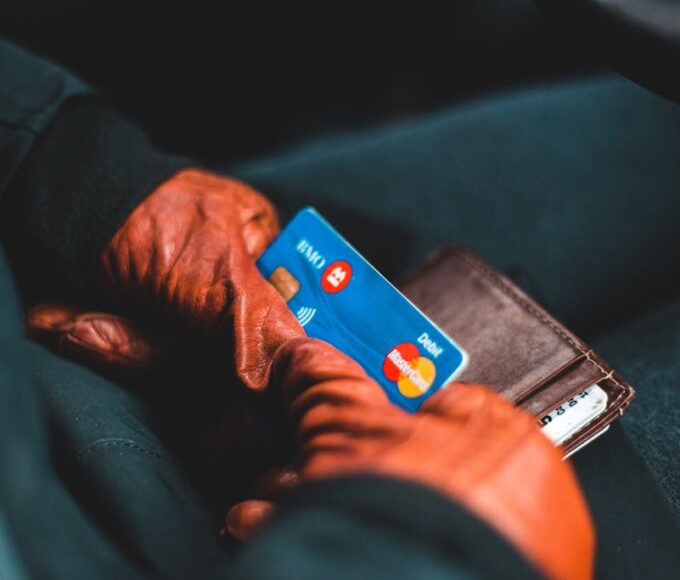For businesses seeking financing, choosing between a secured and unsecured loan is crucial. Each loan type has distinct advantages and disadvantages, with different requirements and levels of risk. Understanding these differences helps businesses make informed decisions that best suit their financial needs.
Secured Business Loans
Secured loans require collateral, such as property, equipment, or inventory, to back the loan. This collateral acts as security for the lender, reducing their risk and often resulting in lower interest rates and favorable terms for the borrower. If the business defaults on the loan, the lender can repossess the collateral to recover their losses.
Pros of Secured Loans
Secured loans generally offer lower interest rates compared to unsecured loans due to the decreased risk. They also often have higher borrowing limits and longer repayment terms, providing businesses with more flexibility. For startups or businesses with limited credit history, collateral can ease approval by reassuring lenders.
Cons of Secured Loans
The primary downside is the risk to the borrower’s assets. If the business fails to repay the loan, they risk losing the collateral. Additionally, the process of assessing and approving a secured loan can be lengthy due to the need for collateral valuation.
Unsecured Business Loans
Unsecured loans don’t require collateral, instead relying on the borrower’s creditworthiness and financial history. While this makes the process faster and more straightforward, it generally results in higher interest rates and stricter eligibility criteria.
Pros of Unsecured Loans
The main advantage is the lack of collateral requirement, which eliminates the risk of losing valuable business assets. Approval can be quicker, and there’s less paperwork involved, making it suitable for businesses needing fast access to funds.
Cons of Unsecured Loans
Higher interest rates and lower borrowing limits are common drawbacks of unsecured loans. Eligibility typically depends on strong credit ratings and business finances, which can limit options for newer businesses or those with poor credit.
Which to Choose?
The choice between secured and unsecured loans depends on factors such as the amount needed, your ability to provide collateral, and your credit profile. Businesses with substantial assets and looking for better rates may prefer secured loans, while those seeking lesser risk to their assets might opt for unsecured options.
By understanding the differences between secured and unsecured loans, businesses can determine which type best aligns with their financial goals, risk tolerance, and operational needs.
Related Articles
Home Loans for Low Income Families
Affordable home ownership is a major goal for many low-income families, but...
How to Build Credit with a Credit Card
Building a solid credit history is essential for achieving financial goals, such...
What Is a Mortgage Pre Approval
When buying a home, a mortgage pre-approval is an essential first step....
How to Get Life Insurance with Health Issues
Getting life insurance with health issues may seem daunting, but it’s often...












